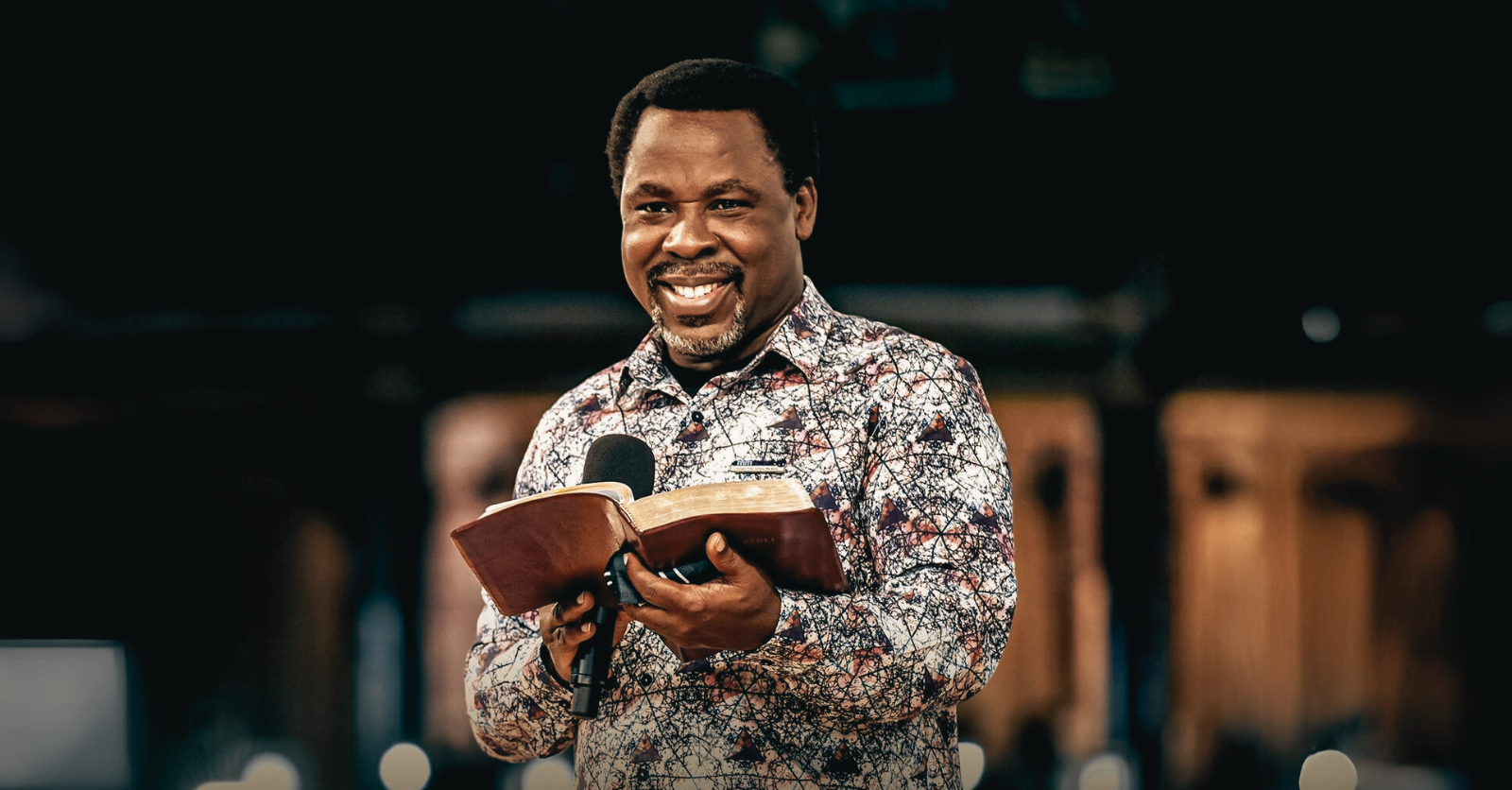A Man, a Church, and the Exploitation of Vulnerable Congregations
While he was alive, Prophet TB Joshua paraded himself as the second coming of Jesus Christ. Following his death, accusations of physical and sexual abuse by him on his congregations were reported in what is becoming a pattern amongst some religious leaders in Africa.
On the 8th of January 2024, BBC News Africa released Disciples: The Cult of TB Joshua, a three-part investigative series that made extensive accusations against the late evangelical pastor and featured first-hand accounts from numerous witnesses. The piece, conducted over two years, shed light on accusations of sexual assault, physical abuse, fabricated miracles, and alleged trauma inflicted by TB Joshua and his church, Synagogue Church of Nations (SCOAN) spanning three decades. The investigation was conducted over two years and considers the accounts of over 25 individuals, providing a comprehensive exploration of the controversies surrounding Joshua and problematizing his legacy.
The BBC documentary functions as a critique of SCOAN and by extension TB Joshua. However, TB Joshua did not exist in a vacuum. Rather his ministry stems from a type of Protestantism that has become endemic to the African continent. From pastors in Kenya forcing their populations to starve themselves to death to South African pastors feeding their congregants snakes. The issue has led to several governments attempting to regulate churches.
In a time where scores of people across the world are turning their back on religion, maybe it is necessary to consider why the prosperity gospel church continues to find a foothold on this continent. It is noteworthy that Joshua’s ministry drew from a tradition of Black and African Protestantism that promises heavenly relief in a world marred with structural oppression, impoverishment and illness. Therefore, Joshua and SCOAN exist as a result of and because of the society in which he built his ministry...
Every year, The Republic publishes the most ambitious writing focused on Africa, from news and analysis to long-form features.
To continue reading this article, Register for a one-week free trial. Already a subscriber? Log in.
Already a subscriber? Log in.



